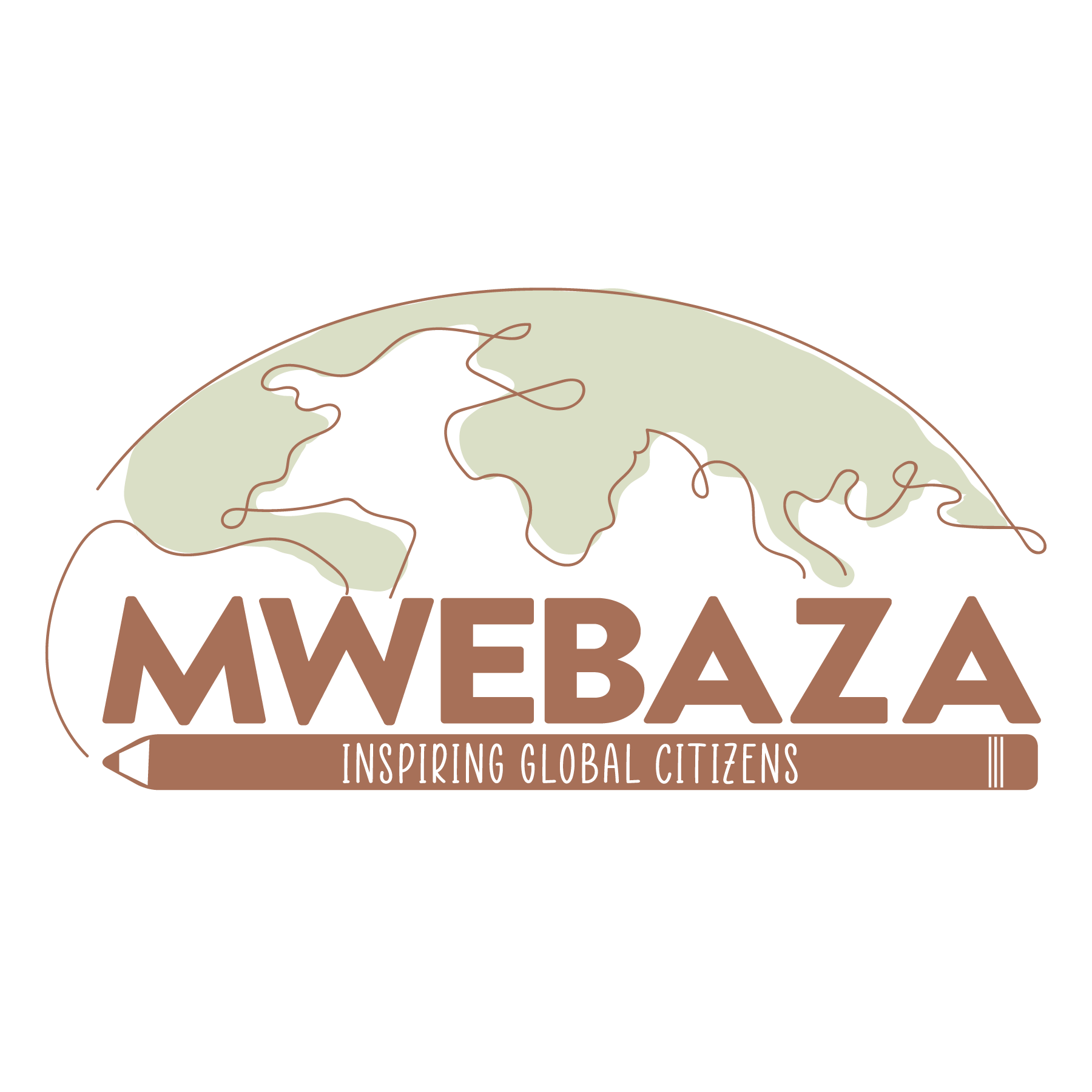We Don't Build Schools. We Build Connections.
Mwebaza Foundation partners with existing school communities in Uganda and Colorado to create meaningful cross-cultural learning experiences. We don't construct facilities, and we don't own or operate any schools. Instead, we work alongside educators and students who are already doing incredible work in their communities.
Here’s what that looks like:
Cross-Cultural Education Partnership: We collaborate with school communities in both Uganda and Colorado to co-teach cross-cultural education activities. Our approach brings students and educators together across continents, fostering mutual understanding, global citizenship, and collaborative learning that benefits everyone involved.
Social Enterprise Investment in Uganda: In Uganda, we invest in social enterprise businesses that our partner school parents, teachers, and administration develop and manage. These enterprises are owned and operated by Ugandans, generating sustainable income that supports educational goals and financial agency.
Our Partnership Model
We believe the best solutions come from within communities, not from outside them.
We partner: We work with schools that invite us to collaborate, respecting their expertise and leadership.
We co-teach: Educational activities are developed and delivered together with local educators.
We invest in local ownership: Social enterprises remain fully under the control of Ugandan partner schools.
We connect across cultures: Both Colorado and Ugandan communities learn from and with each other.
Why This Matters
Traditional models of international nonprofit work often involve building infrastructure or imposing outside solutions. We've chosen a different path—one that honors the strength, wisdom, and agency already present in the communities we work alongside.
Our Ugandan partners aren't recipients of charity; they're co-creators of innovative educational and economic solutions. Our Colorado partners aren't saviors; they're students learning alongside their Ugandan counterparts.
Together, we're proving that authentic partnership creates more sustainable, equitable, and transformative outcomes than top-down intervention ever could.


